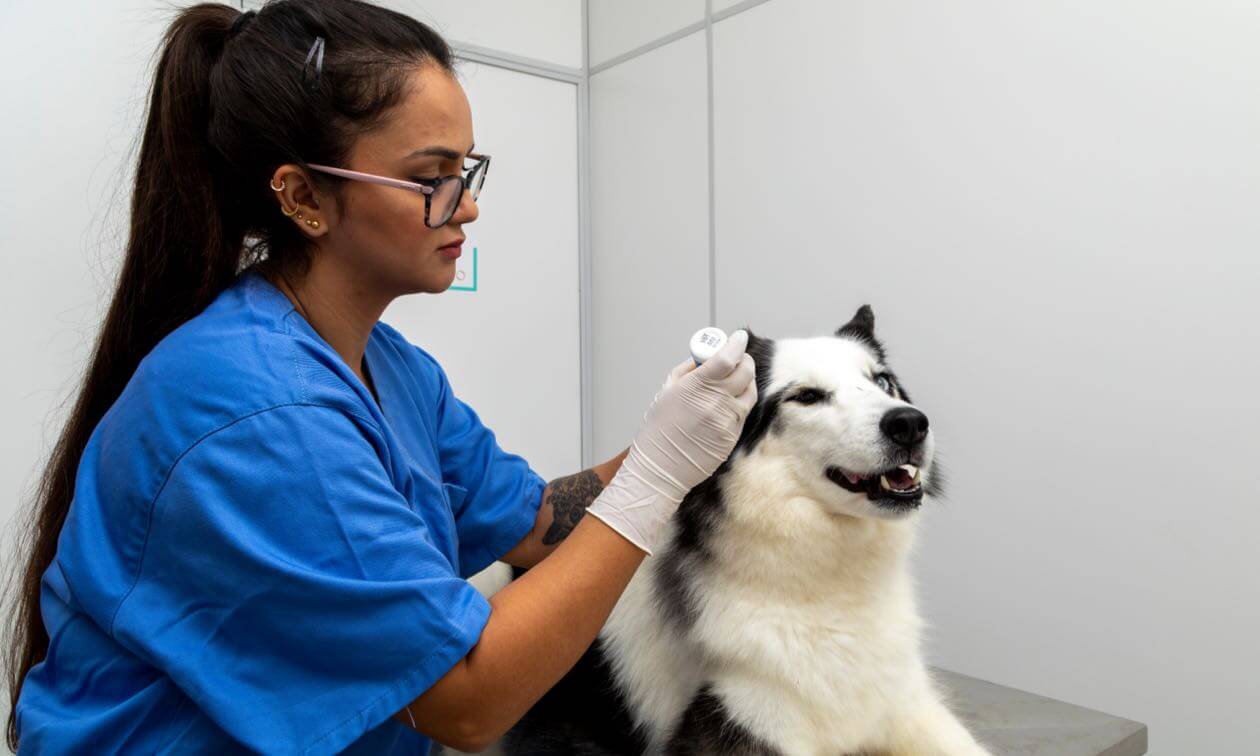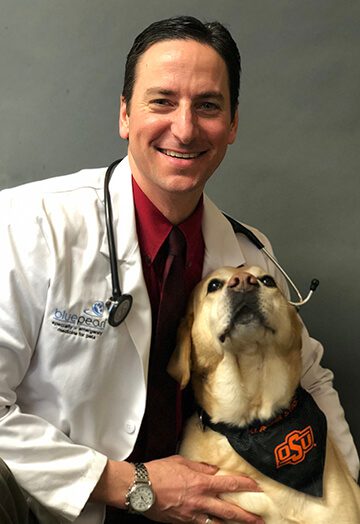Why Vet Enterprise Is the Top Selection for High Quality Pet Care in Your Location
Inoculation Standards From Your Trusted Vet
Inoculation standards offered by your trusted vet play a critical function in protecting your animal's health and wellness and well-being. Additionally, addressing common mistaken beliefs surrounding injections can further improve family pet proprietors' confidence in these precautionary steps.

Significance of Inoculations
Inoculations play a crucial role in safeguarding pet dogs versus a variety of avoidable diseases. By stimulating the immune system to recognize and battle details virus, vaccines considerably reduce the incidence of contagious diseases that can affect a family pet's health and wellness and durability. Not only do vaccinations protect specific animals, yet they additionally add to herd resistance, thereby lowering the overall prevalence of illness in the animal population.
Prompt inoculations help to minimize the spread of diseases such as rabies, parvovirus, and distemper, which can have extreme effects for both humans and pets. In addition, vaccinations are often a demand for boarding facilities, grooming solutions, and pet parks, making them necessary for those that wish to mingle their animals.

Core Vaccines for Family Pets
While the details inoculation requirements of family pets can differ based on private elements, core injections are universally advised to shield against one of the most major and usual conditions (Pet Vaccinations). Core vaccinations are those considered vital for all animals, no matter their lifestyle or geographical location, as they safeguard against possibly fatal and highly infectious ailments
For dogs, the core vaccinations include those for canine distemper, parvovirus, adenovirus (hepatitis), and rabies. Adenovirus can result in liver illness, while rabies is a zoonotic disease that positions a threat to both human beings and pet dogs.
In pet cats, core injections incorporate feline panleukopenia, feline calicivirus, feline herpesvirus (rhinotracheitis), and rabies. Feline panleukopenia is a very contagious viral condition that impacts the immune system and intestinal tracts. Calicivirus and herpesvirus are major contributors to top respiratory infections in cats, while rabies stays a vital issue for public health and wellness.
Talk to your veterinarian to guarantee your pet dogs get their core vaccinations on time.
Non-Core Vaccines Explained
Non-core vaccinations are tailored to attend to details risks connected with a pet dog's way of living, environment, and direct exposure to specific illness. Unlike core injections, which are widely recommended for all family pets, non-core vaccines are taken into consideration based on private conditions. These vaccinations are especially essential for pet dogs that may run into special pathogens due to their geographical place, travel practices, or activities.
Examples of non-core vaccines include those for Bordetella bronchiseptica, which is linked to kennel coughing, and Lyme disease, caused by ticks. Animals that frequently connect with other animals, such as those in boarding facilities, pet dog parks, or grooming environments, might take advantage of Bordetella inoculation. Similarly, if you stay in a location where Lyme disease prevails, see this page vaccinating versus this condition can be a prudent selection for outdoor-loving pet dogs.
Various other non-core vaccinations may include those for leptospirosis, canine influenza, and feline leukemia, depending upon the particular danger variables existing. It is important to have a detailed discussion with your veterinarian concerning your pet dog's lifestyle and the potential need for these vaccinations, guaranteeing a customized vaccination approach that best protects your fuzzy buddy.
Vaccination Schedule Overview

As pet dogs grow, it is important to follow the suggested booster inoculations. Pet Vaccinations. For adult animals, core injections are usually provided every one to three years, depending upon the certain injection and local laws. Non-core vaccinations might be encouraged based on way of life factors and regional condition occurrence, necessitating a customized approach
Routine vet examinations are critical for updating vaccination timetables. Your veterinarian can provide support on one of the most ideal immunizations for your pet dog, considering age, wellness standing, and environmental risks. By remaining proactive and informed, family pet owners can ensure their hairy friends receive reliable and timely vaccinations, therefore guarding their wellness and health throughout their lives.
Common Misconceptions About Vaccinations
Mistaken beliefs about pet vaccinations can cause complication and reluctance amongst family pet proprietors regarding the immunization process. One widespread myth is that vaccinations are unneeded for interior animals. While it's real that interior pets deal with reduced threats, they are not completely immune to conditions, as pathogens can be presented via different ways, consisting of human apparel and other pets.
One more mistaken belief is that injections can create the diseases they intend to stop. In reality, the majority go to website of vaccines include inactivated or attenuated pathogens, which can not trigger disease in healthy animals. Some family pet proprietors likewise believe that their pet dogs need to not be immunized if they are currently healthy and balanced; nevertheless, inoculations are an aggressive measure that helps prevent the onset of ailment.
Additionally, several pet dog owners fear that injections will certainly lead to long-term health complications. The advantages of inoculation-- securing family pets from potentially deadly diseases-- far exceed the risks.
Conclusion
In summary, adherence to inoculation standards is vital for making sure the health and wellness and long life of pet dogs. Core vaccinations offer essential defense versus severe illness, while non-core vaccines deal with details risks based on private way of livings. Establishing a thorough inoculation routine, in conjunction with normal veterinary examinations, promotes optimum health management. Resolving common misconceptions surrounding vaccinations even more strengthens the value of educated decision-making in animal treatment. Inevitably, a positive approach to inoculations is important for preserving pet wellness.
Not only do vaccinations protect specific pets, but they also contribute to herd immunity, consequently reducing the total occurrence of diseases in the family pet population.
Misconceptions concerning pet vaccinations can lead to complication and hesitation among pet dog proprietors regarding the immunization process. While it's true that indoor family pets encounter lower dangers, they are not totally immune to diseases, as virus can be introduced with various means, consisting of human garments and other pet dogs.
Some pet owners additionally think that their family pets must not be vaccinated if they are already healthy; however, vaccinations are a positive measure that aids stop the this link beginning of disease.
The benefits of vaccination-- shielding family pets from possibly lethal conditions-- far exceed the dangers.